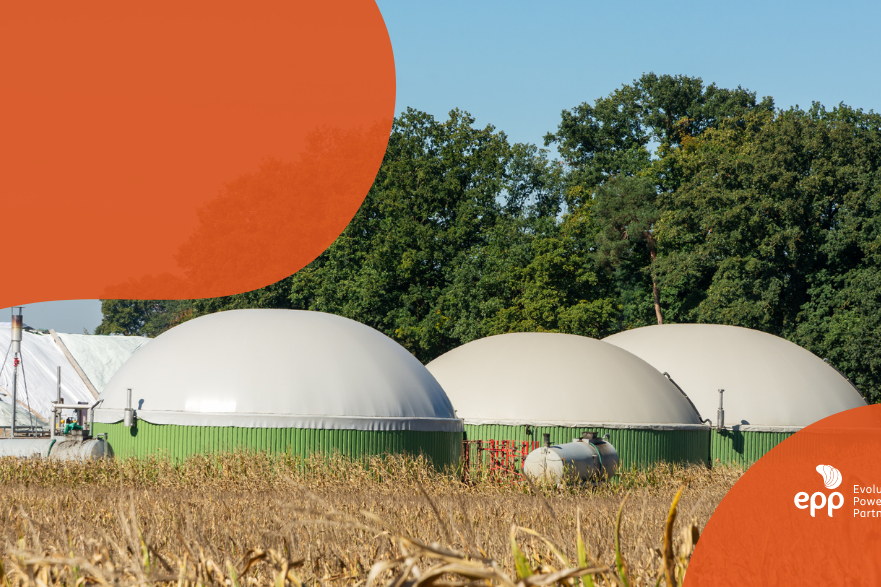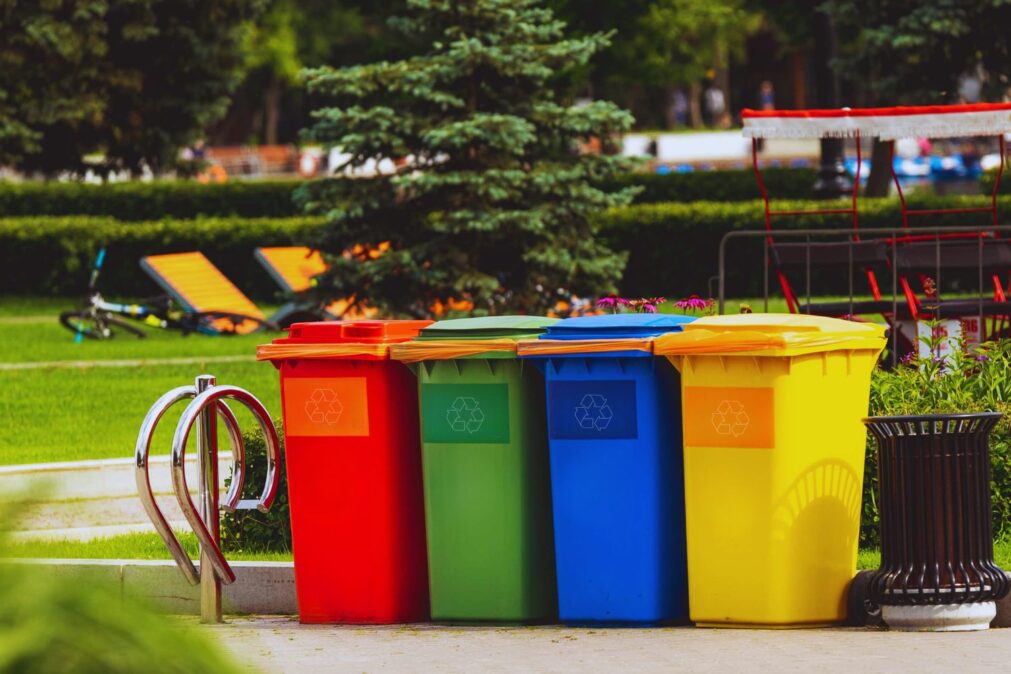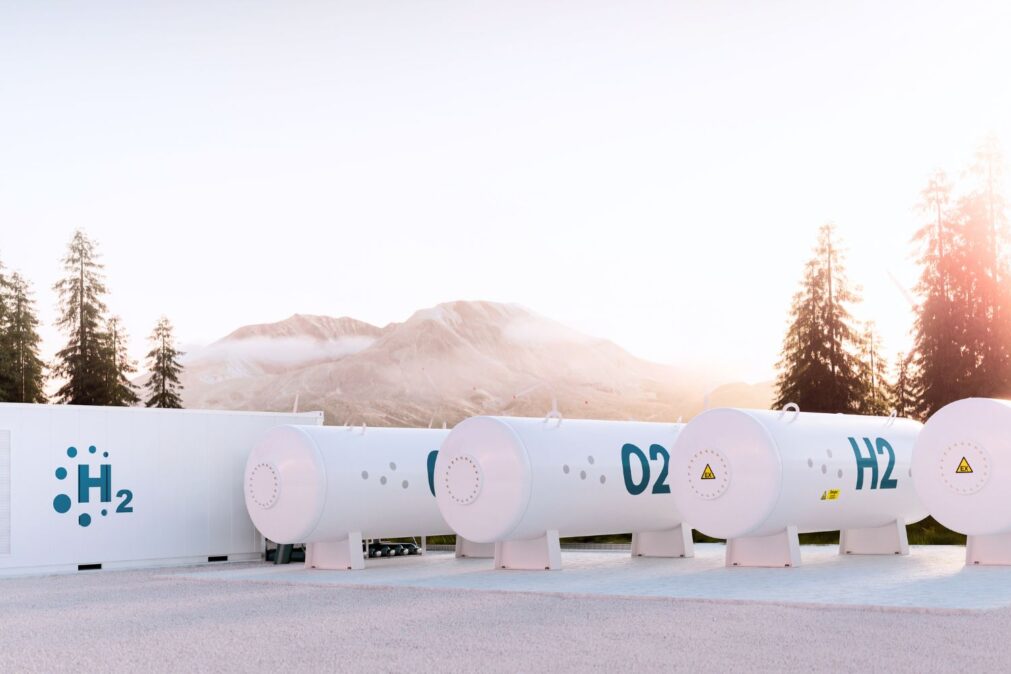Brazilian WTE plants can supply up to 3% of the national electricity demand. Understand its importance for improving sanitation.
Do you know how WTE plants help the country’s development? It is possible to say that on a global level, society is already aware of the importance of the correct disposal of waste. On a general level, governments and companies already recognize the value of these materials for energy generation, in addition to their environmental importance. After all, this type of process transforms useless materials into some by-product that returns to the production chain.
In this context, there are already extremely developed countries in energy recovery from waste, improving technologies and investing in research. The European Union, for example, already allocates 28% of Solid Urban Waste (USW) to WTE plants. However, Brazil is decades behind in this matter. Here, the National Solid Waste Policy (PNRS) completed ten years in 2020, but there is still a lot to be done.
What is a Waste-to-Energy (WTE) plant?
Urban solid waste (MSW) is composed, on average, of 50% of organic matter and 35% of dry materials, such as plastic, paper, metals and glass. Part of these materials can be recycled from simpler processes of separation, washing and bleaching, and others require more complex processes such as organic materials and industrial residues, which need to go through blending processes for co-processing.
The thermal treatment of waste, known as the Waste-To-Energy (WTE) plant, is an important factor for the sustainable management of Urban Solid Waste (USW) and brings many environmental and energy benefits. A plant generates, on average, 600kWh of electricity per ton of MSW. A landfill with biogas capture, on the other hand, can extract, on average, 65kWh per ton, showing how a WTE plant is more efficient. This model is also of enormous importance, as they are currently the cleanest base thermals.
In other words, through investments it is possible, in addition to improving the management of urban waste, to treat sewage and generate energy from it. However, the construction of this type of plant has a high investment cost, making it impossible to develop on a large scale. During the A-5 auction, which took place in September 2021, the event debuted the contracting of energy from RSU, making the first WTE plant in the country effective.
The new framework for sanitation and energy recovery from waste
If Brazil destined 35% of RSU to heat treatment WTE plants — world average — it would be possible to generate approximately 1,300 GWh/month, an amount sufficient to consume 3.29% of the national electricity demand.
In Brazil, basic sanitation is a right, which must offer infrastructure, supply facilities, sanitary sewage and solid waste management. One of the ways to make this possible is through the regulatory framework for sanitation. This legislation creates structural conditions for the consolidation of the waste energy recovery market in the country.
One of the changes is the change in contracts with the government, which must be done through a concession, through a prior bidding process. This modality provides for 30-year contracts, in addition to increasing legal certainty for contractors. In other words, there is a longer period for the amortization of investments, enabling larger projects. In this sense, smaller municipalities can also form public consortia, to scale up investments and reduce management costs.
Another point of the sanitation framework is the possibility that the cost of waste management is included in the water and sanitary sewage treatment tariffs. This point increases the delinquency of financing, being a guarantee option for financial agents.
Thus, the country should take advantage of the new sanitation framework to structure these projects. Energy recovery through power plants is a means of solving environmental and social issues. In addition, they promote the country’s development, placing Brazil in a strategic location, even for developing foreign trade, which increasingly requires ESG actions from companies.





